Abu Qatada deportation ban can be lifted, judges told
- Published
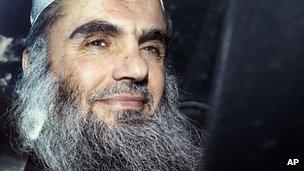
The cleric faces a retrial in Jordan for allegedly conspiring to cause explosions
A block on deporting radical cleric Abu Qatada from the UK should be lifted, lawyers for the home secretary have told the Court of Appeal.
Last year judges ruled he could not be sent to Jordan for a retrial over alleged involvement in terrorism plots.
There was a "real risk" evidence gained by torture would be used, they said.
Government lawyers argue they took the "wrong approach" in reaching their decision and say a "fair" trial was possible. Judgement has been reserved.
Addressing the court, James Eadie QC, for the home secretary, said the Special Immigration Appeals Commission (Siac) had taken an "erroneous" view of the situation in Jordan and the legal tests that had to be applied when it came to assessing the conditions Abu Qatada could face there.
He said Jordanian law bans the use of torture and reliance on statements extracted under duress.
Jordanians will do everything in their power to make sure Abu Qatada receives a trial that was "fair and seen to be so", he added.
"There is no reason to suppose that the Jordanian courts would approach these issues in a flagrantly unfair way," Mr Eadie said.
"There is no reason to suppose they would not consider all the evidence before them."
But lawyers for Abu Qatada told the court that the UK should not send someone back to a country with a "dubious human rights record".
Edward Fitzgerald QC said Siac's finding was "entirely reasonable and rational" and came after a series of court decisions said confessions obtained by torture would be admitted in evidence.
He said the government lawyers had "identified no error of law" and were "quarrelling with findings of fact".
On Saturday, Abu Qatada was returned to prison for allegedly breaching his strict bail conditions. He is not in court for the hearing.
The preacher, who is in his early 50s, had been living on bail with his family in London since winning the latest stage of his battle against deportation.
The cleric has never been charged with a crime in the UK but the courts say he poses a serious threat to national security.
'Mobiles seized'
Last November, the Siac ruled there was a risk, external that evidence obtained by torturing witnesses would be used against him at his retrial in Jordan - meaning that he would not get a fair hearing.
That ruling followed an earlier decision by the European Court of Human Rights, external that said that the only outstanding issue stopping the preacher’s removal from the UK was an assurance from Jordan on that issue.
The government sought fresh assurances from Jordan on the type of trial that the preacher would face - but those were rejected by Siac.
Since November’s ruling, officials have been seeking further assurances that would satisfy the courts. Security minister James Brokenshire held talks in Amman last week as part of the continuing diplomatic efforts.
The Court of Appeal hearing is expected to focus on the narrow issue of what constitutes a “real risk” of the use of torture evidence, given the assurances the UK has sought.
If Home Secretary Theresa May wins the appeal, it would allow her to restart the deportation. But it is highly likely there will be more appeals to the Supreme Court or the European Court of Human Rights.
On Saturday, Mr Justice Irwin approved the preacher’s re-detention in prison after hearing that there may have been prohibited communications equipment in the family home while he was present.
The bail conditions included a 22-hour home curfew and significant restrictions on where he could go and whom he could meet or communicate with including a ban on him from having mobile telephones switched on.
Mr Eadie told the Court of Appeal hearing that mobile phones and other other telecoms equipment had been seized.
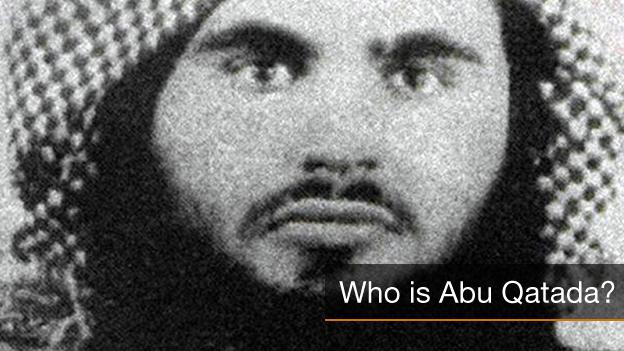
Abu Qatada was born in Bethlehem in 1960 and spent his early life in Jordan. He fled to Pakistan in 1989 claiming political persecution and eventually arrived in the UK in 1993. Abu Qatada was part of a wave of Islamists who sought refuge in the UK during the 1980s and 90s, often exiled from the Arab regimes they were trying to overthrow.
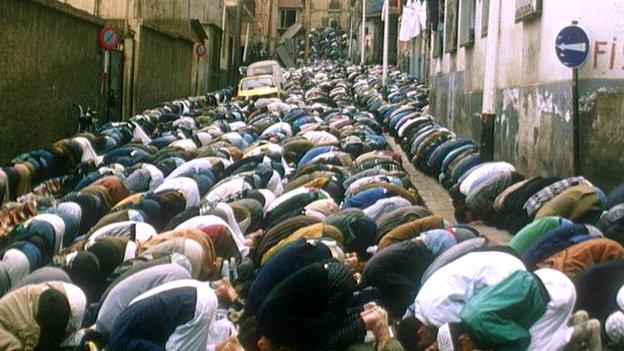
Abu Qatada emerged as a key voice in the Islamist movement in London, which advocated strict Islamic government in Muslim countries and armed struggle against despots and foreign invaders. His preachings and ideas won him influence among Islamist groups in Algeria and Egypt during the 1990s. He was tried and found guilty in his absence of terrorism offences in Jordan in 1999.

By 2001 fears were growing about Abu Qatada's hard-line views. He endorsed suicide attacks in a BBC interview and was questioned in connection with a German terror cell. Copies of his sermons were found in the Hamburg flat used by some of the 9/11 attackers and Spanish judge Balthazar Garzon described him as the "spiritual head of the mujahideen in Britain". In December 2001, Abu Qatada disappeared and became one of the UK's most wanted men.
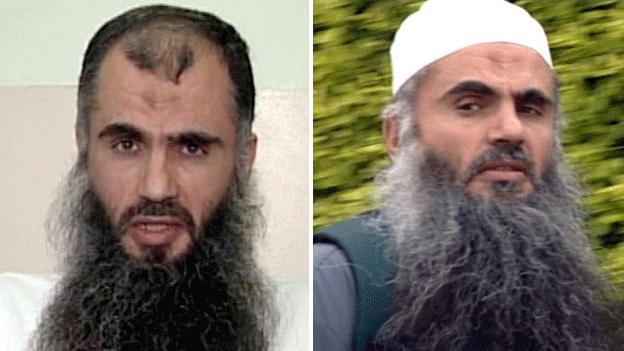
In October 2002 Abu Qatada was arrested and detained without charge. He was released in 2005 and put under strict house arrest, but months later was arrested under immigration rules and moves began to deport him to Jordan to face retrial on the charges he had been convicted of six years earlier. In 2007 he lost his immigration case, but the Court of Appeal later ruled that deportation to a regime which uses torture - ie Jordan - would breach his human rights.
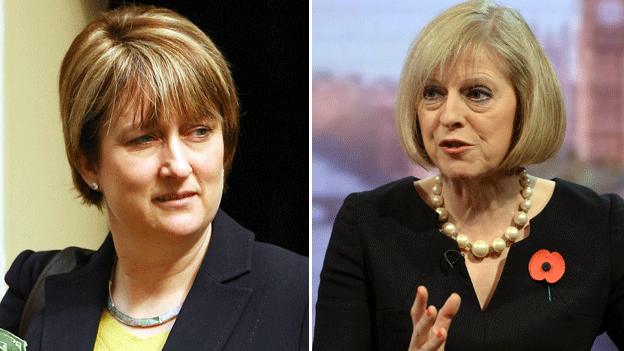
The Court of Appeal ruling was overturned by the Law Lords in early 2009, and the then Home Secretary, Jacqui Smith (L), signed a deportation order. Abu Qatada then appealed to the European Court, which eventually ruled that he could not be deported while the risk of torture remained. In 2012 Home Secretary Theresa May (R) pressed ahead with deportation, but this was blocked amid a row over the appeal deadline.
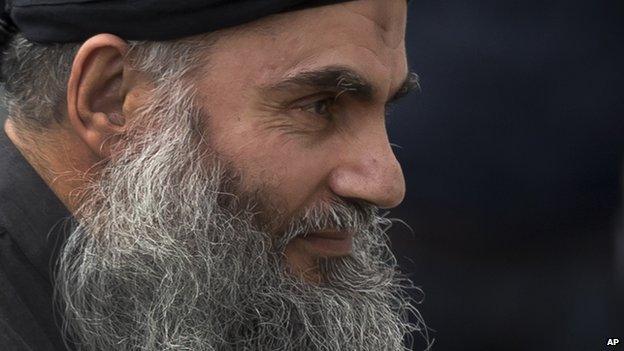
In November 2012 Abu Qatada was released from prison once more after a UK court backed his appeal on the grounds that witness evidence obtained by torture could be used against him at trial in Jordan. That was a disastrous blow to the Home Office because it meant the only way the deportation could happen would be if Jordan changed its system to ensure torture-tainted evidence could not be used.
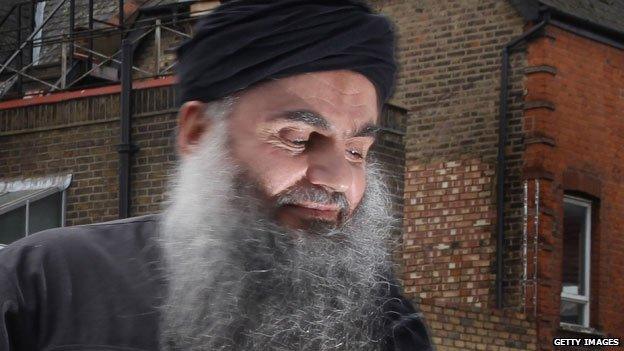
Abu Qatada was then returned to prison on 9 March 2013 after an alleged breach of his bail conditions - but this deportation was still blocked. Weeks later, Home Secretary Theresa May announced a new UK-Jordan treaty to improve co-operation in criminal investigations. That treaty included a guarantee of a fair trial free of torture-tainted evidence for anyone sent back to Jordan. Abu Qatada's lawyers announced he would now return to Jordan.
- Published10 May 2013
- Published9 March 2013